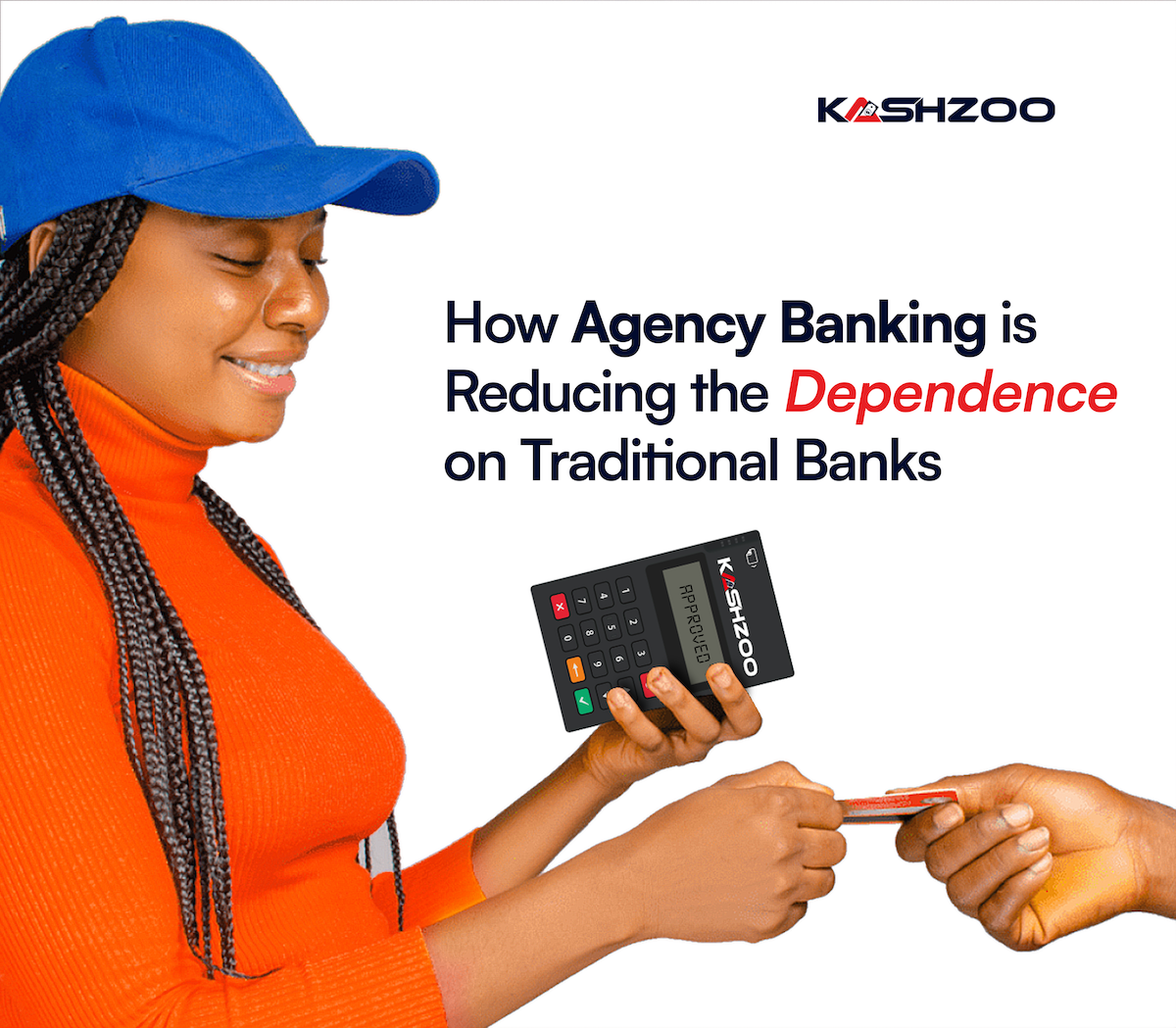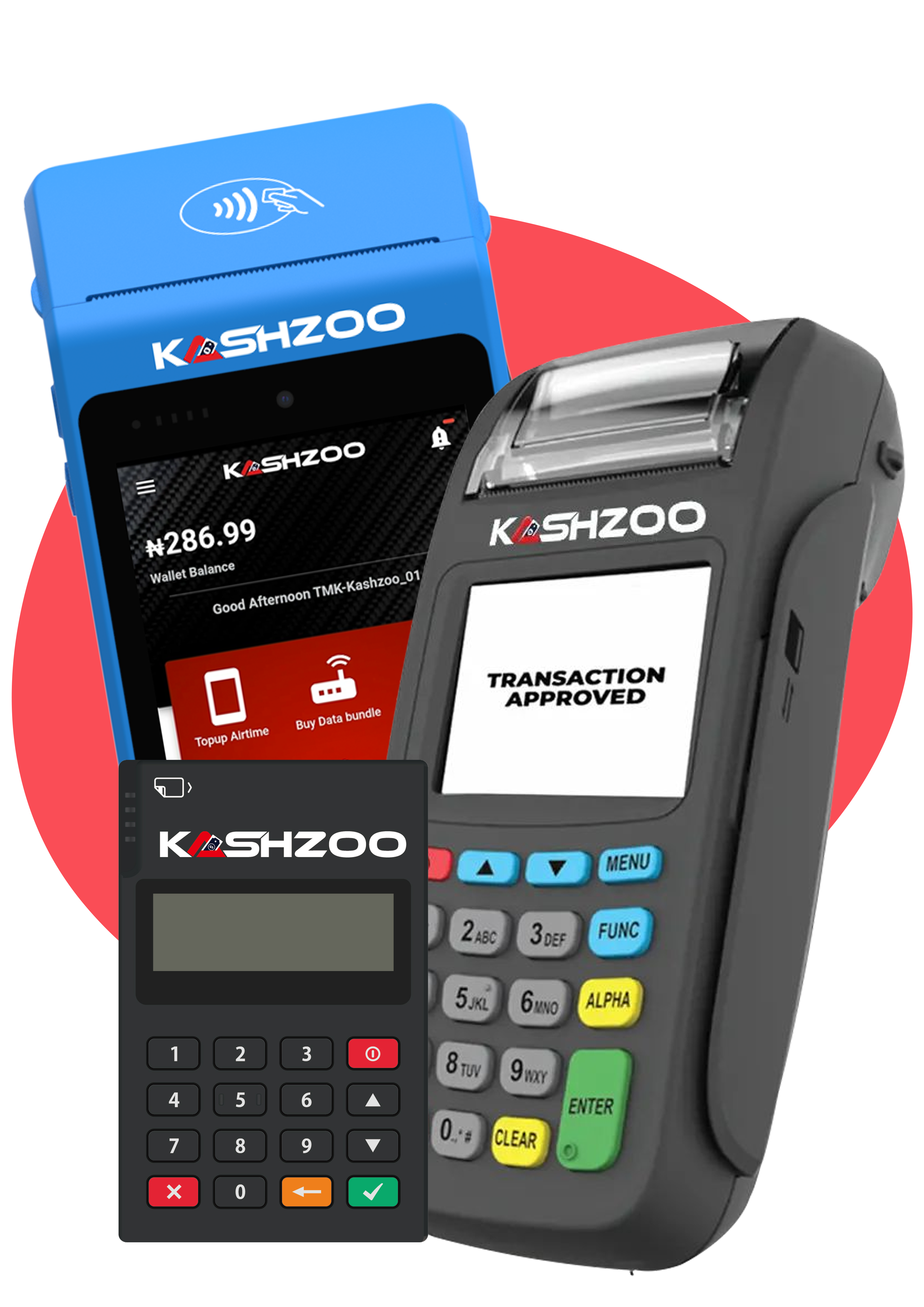Nigerian banking and finance has undergone a significant transformation, especially in underserved regions where access to financial services is limited. Agency banking emerged as a game-changer and bridged the gap between traditional banks and unbanked communities. This innovative model has reduced the reliance on physical bank branches by enabling financial institutions to extend their reach through third-party agents.
As the adoption of digital finance solutions continues to be popular, so has agency banking, encouraging financial inclusion, improving convenience, and reducing costs for both banks and customers. This article explores agency banking and how it actively reduces dependence on traditional banking models.
What is Agency Banking?
Agency banking is a business model in which financial institutions like Kashzoo partner with third-party agents such as retail stores, kiosks, or mobile money agents to offer essential banking services outside conventional bank branches. These agents provide services such as Cash deposits and withdrawals, money transfers, bill payments, loan applications and disbursements, and account opening and verification.
Ways Agency Banking Has Reduced Dependency on Traditional Banks
The following are ways agency banking has reduced people’s dependency on traditional banks;
1. Convenience and Accessibility
One of the primary ways agency banking has reduced reliance on traditional banks is by offering greater accessibility and convenience to customers. People, especially those in rural areas, no longer have to travel long distances to bank branches for simple banking transactions listed above; instead, they can patronise the POS agents closest to them. Moreover, agency banking operates in extended hours compared to bank branches so that customers can transact beyond traditional working hours.
2. Financial Inclusion for the Unbanked
Agency banking facilitates financial inclusion by taking essential banking services to individuals who previously had no access to formal financial institutions. Now, through agents, banks can reach rural and remote communities, provide banking services to low-income individuals and enable businesses in underserved areas to access financial tools. Financial inclusion helps people save money, receive payments, and access credit facilities, which ultimately improves economic growth and financial stability in these regions.
3. Cost-Effective Banking Solution
Setting up traditional bank branches requires enormous capital investment in infrastructure, staff salaries, and operational costs. Agency banking provides a cost-effective alternative using existing businesses and individuals as banking agents. For financial institutions, this model reduces the cost of service delivery. Also, it allows them to extend their reach without the heavy financial burden of physical expansion. For customers, agency banking eliminates travel expenses and time spent visiting far-off bank branches. This makes banking more affordable and efficient.
4. Increased Efficiency in Transactions
Agency banking speeds up and improves the efficiency of financial transactions than conventional banking system. Many agency banking outlets use mobile banking, digital payment solutions, and biometric verification system that allow for seamless and paperless transactions.
Customers can deposit or withdraw money, pay bills, and carry out other transactions without waiting in long queues or following rigid steps associated with traditional banks.
5. Boosting Digital and Cashless Transactions
Agency banking is speeding up the transition toward digital and cashless economies. It integrates mobile banking and fintech solutions, which encourage mobile money transactions, cardless withdrawals and deposits, and digital loan applications.
6. Employment and Economic Growth
Agency banking has a role in job creation and economic development. Small business owners, entrepreneurs, and individuals generate additional income by becoming banking agents and contributing to the local economy. Agency banking empowers local businesses and enhances community-based financial ecosystems where money circulates within the local economy.
Our Take
Agency banking has changed how financial services are delivered; it has reduced dependence on traditional bank branches while improving accessibility, financial inclusion, and cost-effectiveness. More financial institutions can leverage technology and third-party partnerships to reach the unbanked population, promote digital transactions, and support economic growth.




What do you think?
It is nice to know your opinion. Leave a comment.